Ensuring rights between civil servants in units with different conditions
Over the past decade, the Law on Public Employees has played an important role in the management and use of public employees, contributing to affirming the core position of public employees in providing public services. However, in the context of digital transformation, strong international integration trends, the requirement to socialize public services and administrative reform, many provisions of the current Law have revealed inadequacies, lack of uniformity, and have not kept up with reality.
According to the National Assembly deputies, the draft Law on Civil Servants (amended) has demonstrated a strong spirit of reform, adding a number of important provisions such as: the principle of accountability, promoting the role of technology application, and expanding the right to participate in non-public professional activities of civil servants.
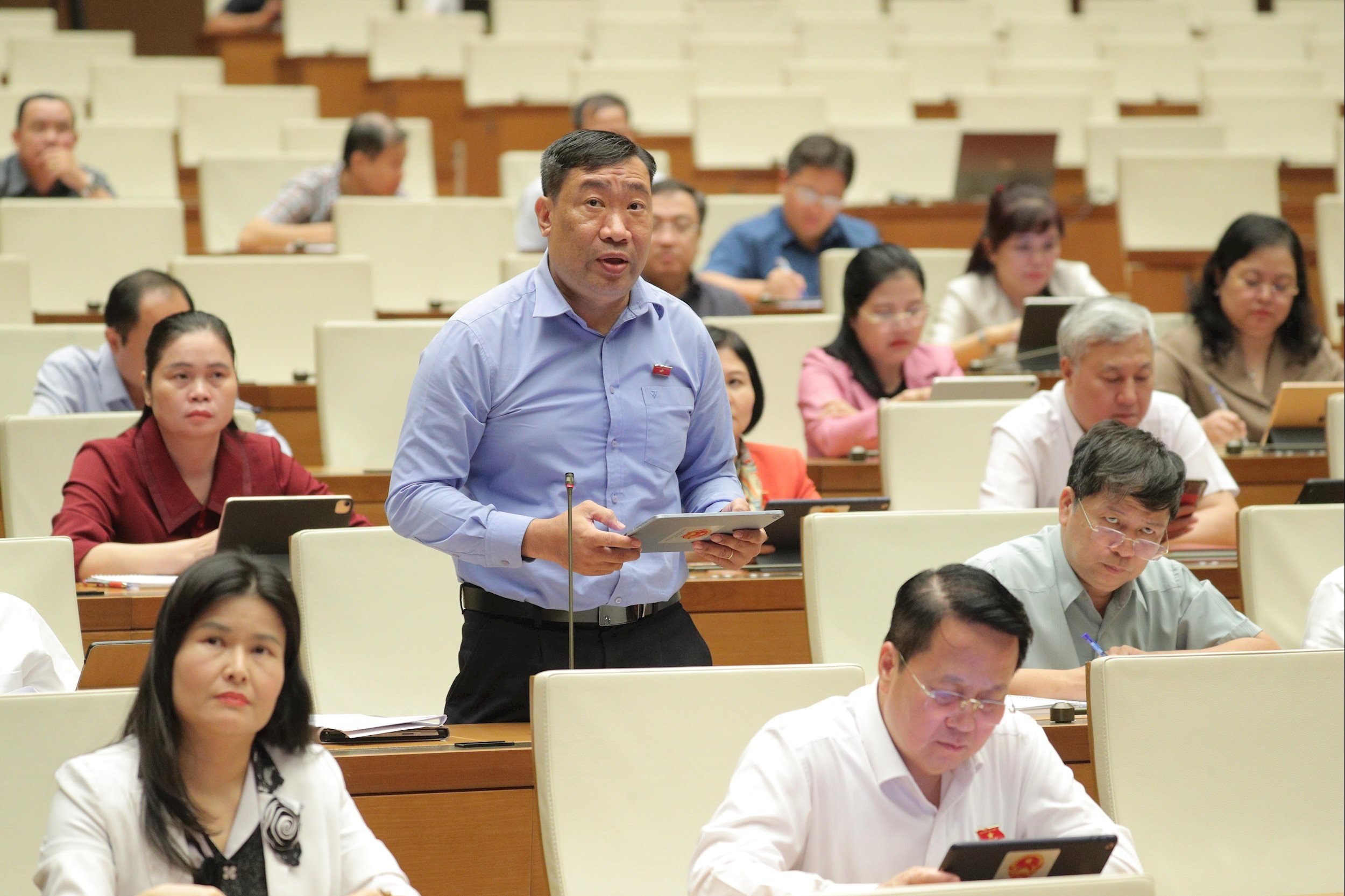
Commenting on the concept of civil servants, National Assembly member Thach Phuoc Binh (Vinh Long) noted that the draft Law has expanded the scope of salary sources not only from the salary fund of public service units but also includes other legal sources of income. This is an important step forward to create conditions for civil servants to enjoy more diverse income.
However, according to the delegate, the draft Law has not clearly stated the mechanism for transparently allocating revenue sources as well as how to ensure benefits between civil servants working in units with different conditions. "If there are no specific regulations, a situation of too large income disparity may arise, causing unfairness. It is necessary to supplement the principle of fair distribution, linking increased income with work efficiency; at the same time, stipulate the obligation to publicly disclose and be transparent about finances to ensure fairness between units," delegate Thach Phuoc Binh suggested.
Regarding civil servant recruitment, the draft Law has changed the basis for recruitment based on job positions, salary funds and other legal sources of income instead of relying solely on job titles as in the current law. Considering this an important step forward to help recruit closer to actual needs, delegate Thach Phuoc Binh also noted that the recruitment process is still biased towards administrative procedures and not flexible enough to attract talent.
Therefore, delegates suggested that it is necessary to expand the mechanism for directly receiving experts, scientists , and talents from within and outside the country, and to further decentralize so that public service units have real autonomy in recruitment associated with accountability.
Regarding the authority to recruit civil servants, the draft Law stipulates that "public service units shall recruit civil servants to work at their units, except for Clause 3, Article 18". Clause 3, Article 18 stipulates that "for public service units funded by the state budget, the agency that is decentralized or authorized shall conduct recruitment according to the decentralization or authorization of the ministry, branch or provincial People's Committee".
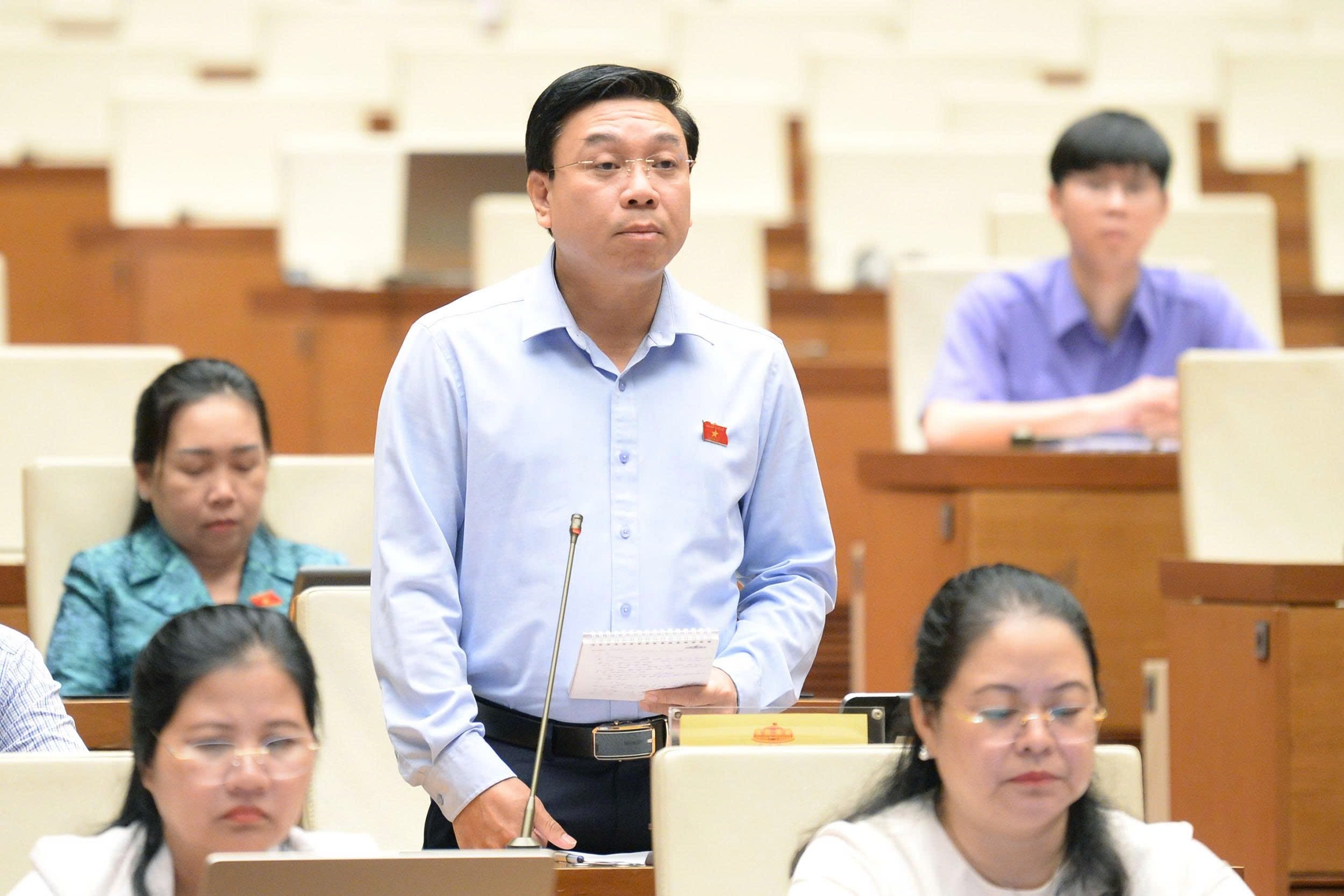
Through monitoring the recent implementation of the two-level local government, National Assembly Deputy Nguyen Van Manh (Phu Tho) realized that the authority to recruit civil servants is "inconsistent" between laws, such as the Law on Organization of Local Government, the Law on Teachers and decrees and circulars of the Government as well as of the Ministry of Education and Training, especially the content related to public educational institutions in communes, specifically preschools, primary schools and secondary schools. Therefore, Deputy Nguyen Van Manh suggested that the draft Law should clearly stipulate the authority and after the law has been promulgated, the decrees and circulars of the Government and of relevant ministries and branches must be adjusted accordingly to ensure consistency for implementation by localities.
Add temporary disclaimer for legitimate risks
The Draft Law has dedicated Chapter II (from Article 7 to Article 14) to regulate the obligations and rights of civil servants during their activities. National Assembly Deputy Nguyen Thi Suu (Hue City) assessed that, in general, it has regulated quite fully the responsibilities and obligations of civil servants in terms of politics, professional ethics, law compliance, service attitude, responsibility to protect property, confidentiality, discipline, anti-corruption and negativity. The rights of civil servants have also been basically mentioned such as: the right to be protected by the law, the right to professional autonomy, training, fostering, receiving salary, bonus, welfare, signing subcontracts; participating in capital contribution, management, and operation of enterprises...
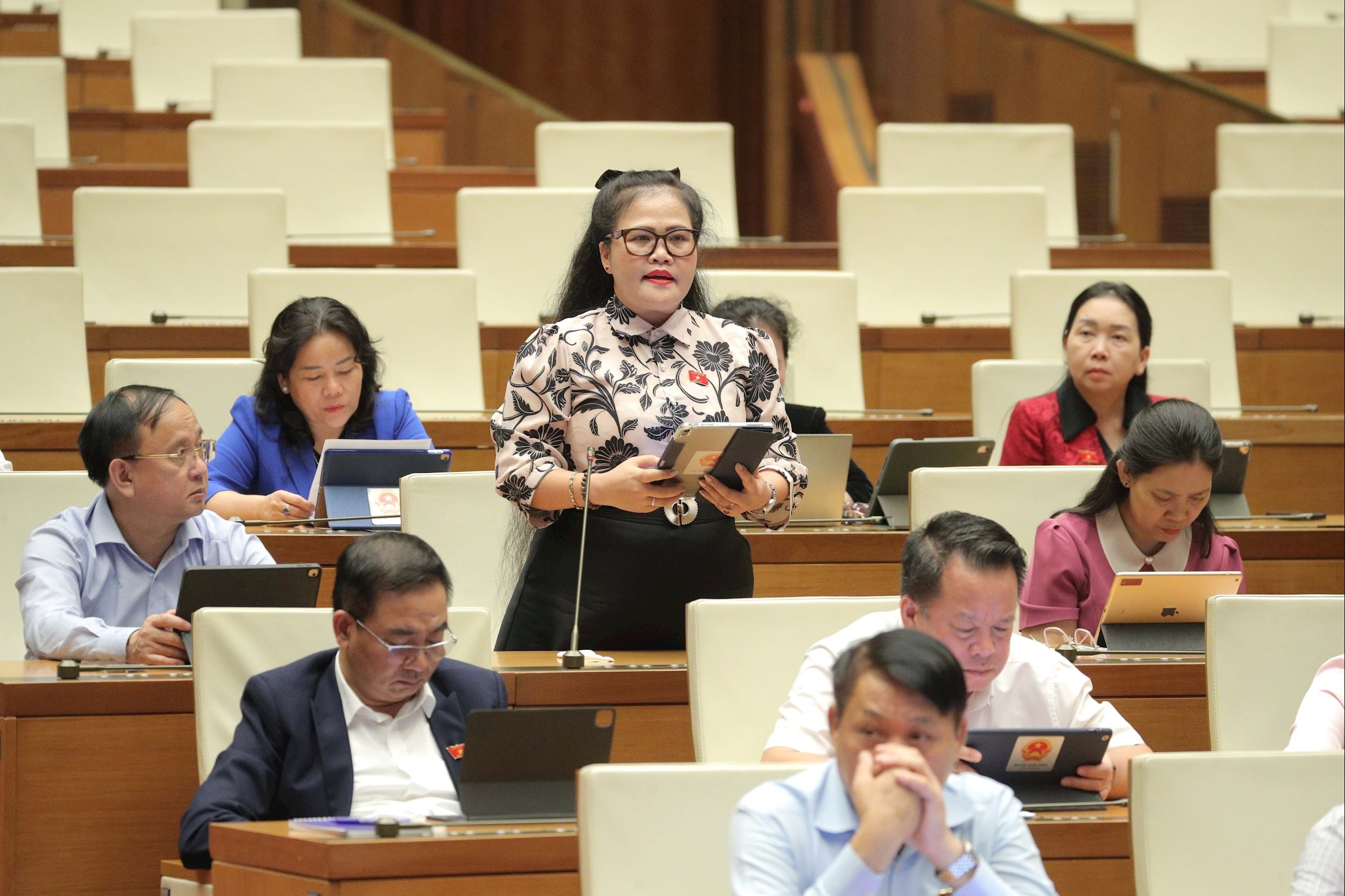
However, delegate Nguyen Thi Suu also said that the regulations on obligations and rights are not really balanced, especially the rights to autonomy, innovation, criticism, and self-protection in occupational risks. There is a lack of mechanisms for civil servants to participate in supervision and give comments. The right to exemption from liability in some cases needs to be more clearly defined. Some prescribed obligations are still overlapping; the content on professional autonomy and creative rights is still sketchy compared to current international integration requirements.
Therefore, delegate Nguyen Thi Suu proposed that the draft Law supplement the right to participate in contributing opinions, providing criticism, and supervising the development of organizations to implement policies and regulations related to professional activities; the right to protect initiatives and inventions, to be recognized for intellectual property protection for initiatives and inventions, and to share appropriate benefits when innovative initiatives bring efficiency to the unit or community.
At the same time, supplement the right to change work positions reasonably, to propose to change work positions in accordance with personal capacity, wishes and needs of public service units; the right to temporarily exempt from administrative and professional responsibilities for legitimate risks, to be considered for exemption or reduction of administrative or professional responsibilities in cases where professional procedures and rules have been properly followed but unintended damage has occurred after confirmation from public service units and competent authorities.
Also concerned about the rights of civil servants, delegate Thach Phuoc Binh stated that Article 13 of the draft Law allows civil servants to sign labor contracts to participate in the management and operation of non-public enterprises if it does not violate the provisions of law. This is a progressive provision, consistent with the trend of expanding career opportunities, but if not strictly controlled, it will lead to conflicts of interest when civil servants can take advantage of their positions to serve personal interests. Therefore, the delegate suggested that it is necessary to clearly define the list of fields and occupations that civil servants are allowed to participate in, and at the same time require transparent reporting and supervision by the management unit.
Source: https://daibieunhandan.vn/du-an-luat-vien-chuc-sua-doi-can-mo-rong-co-che-tiep-nhan-truc-tiep-chuyen-gia-nha-khoa-hoc-10388730.html








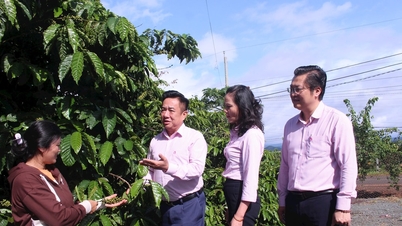




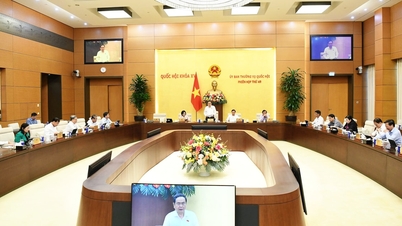
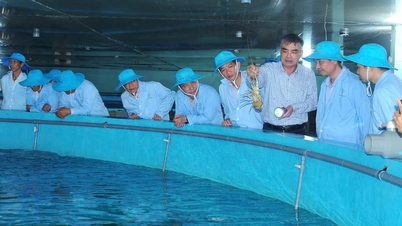





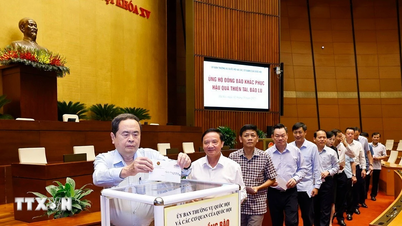
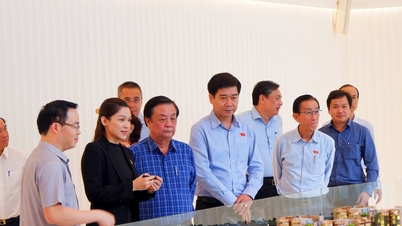

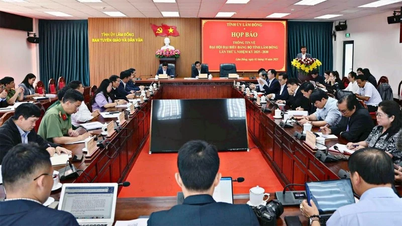

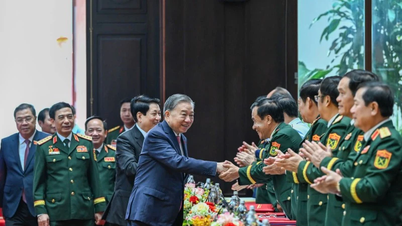





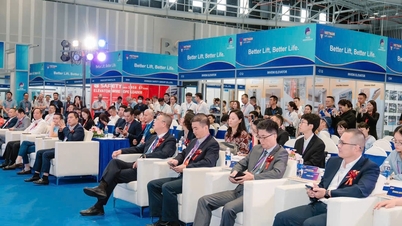


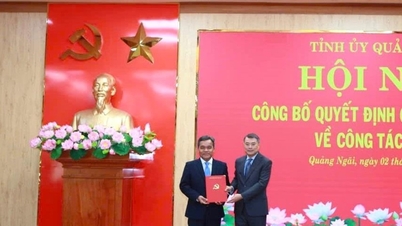
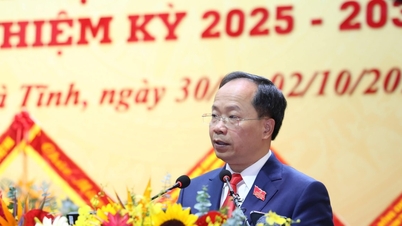









































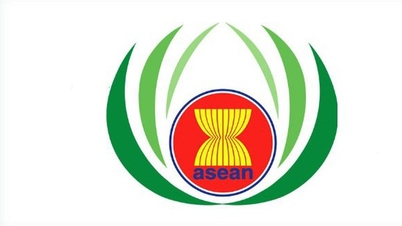
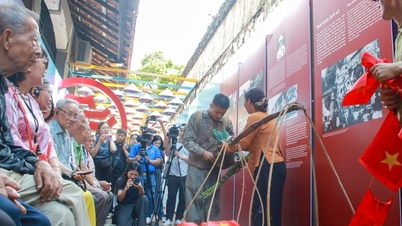




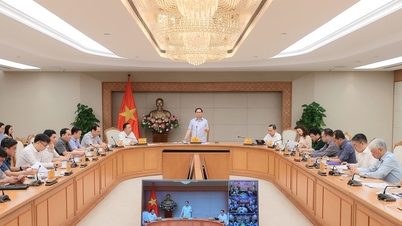


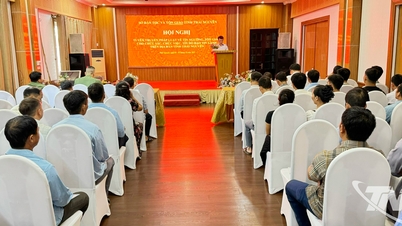

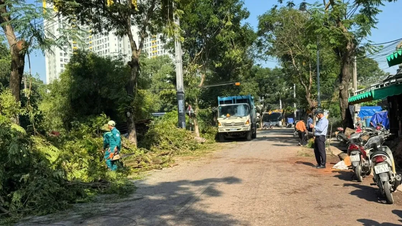













Comment (0)